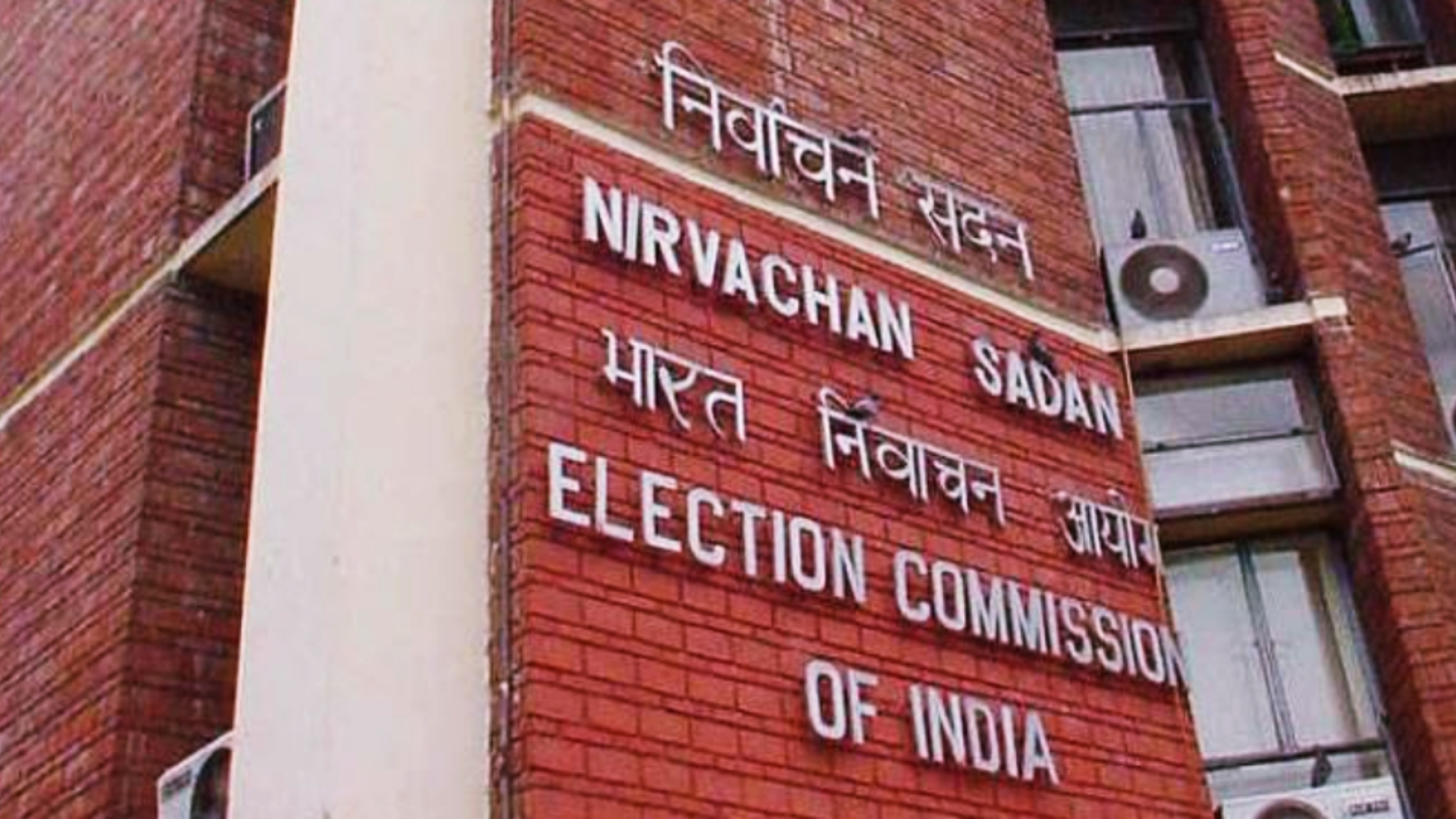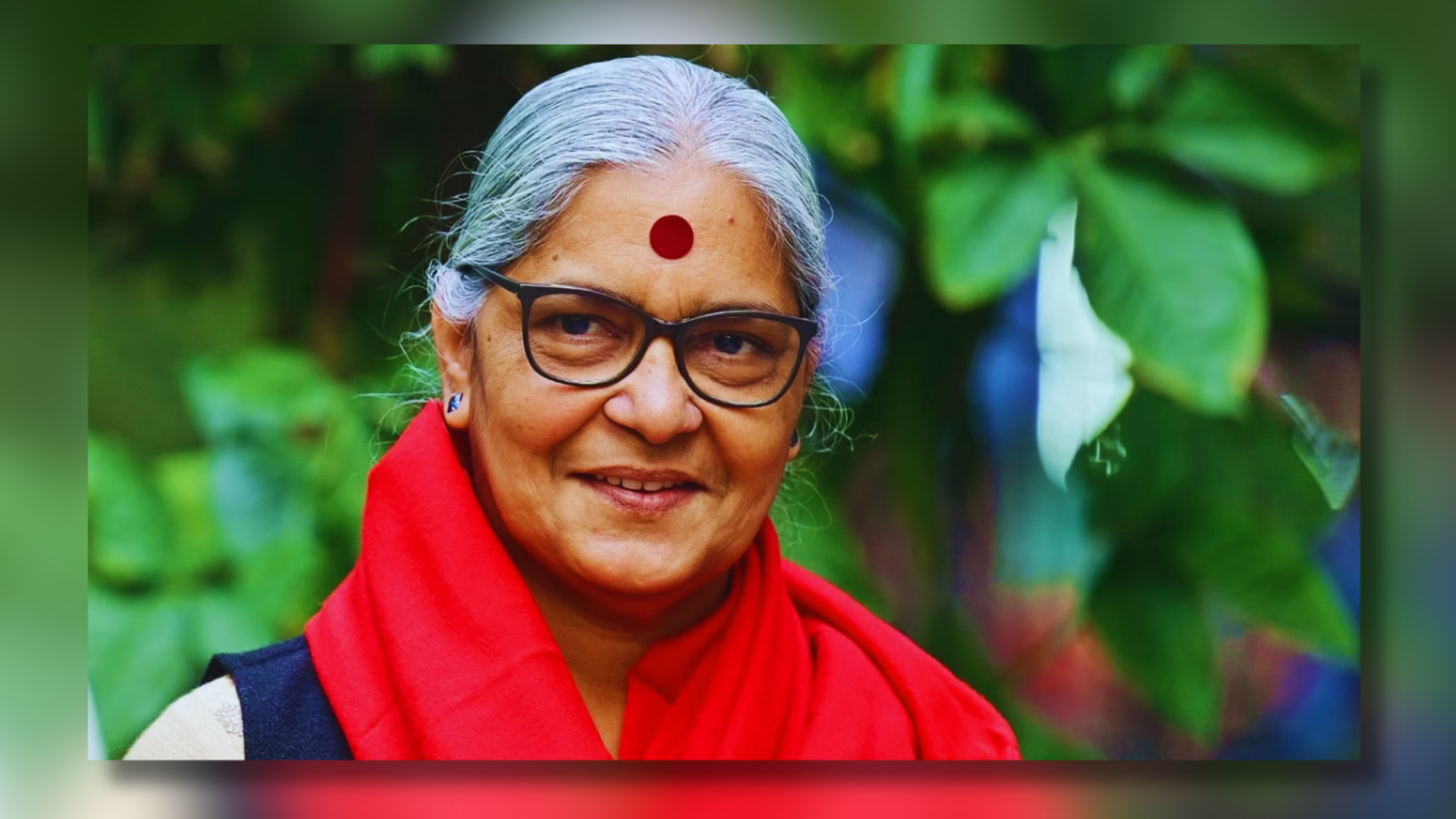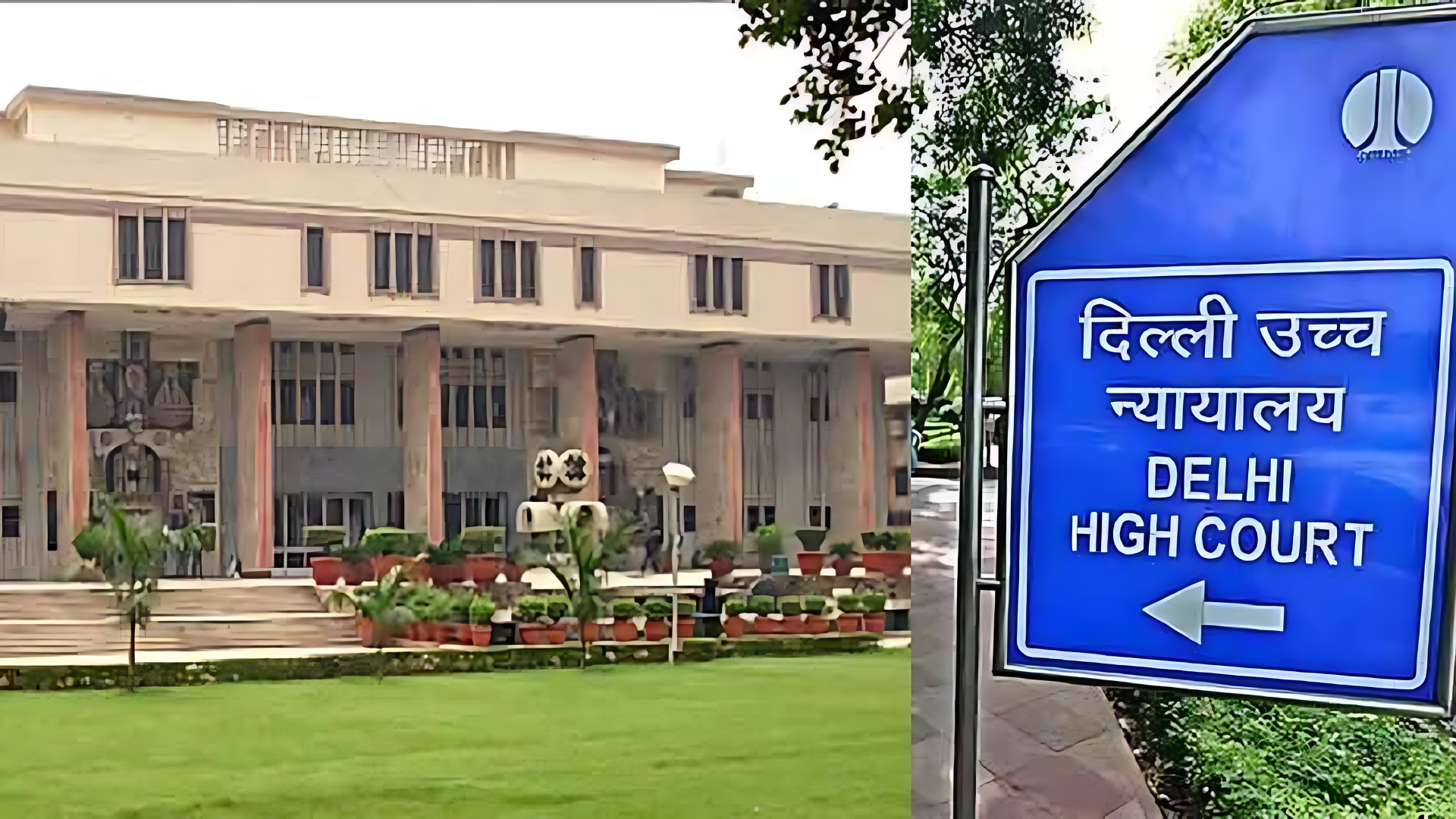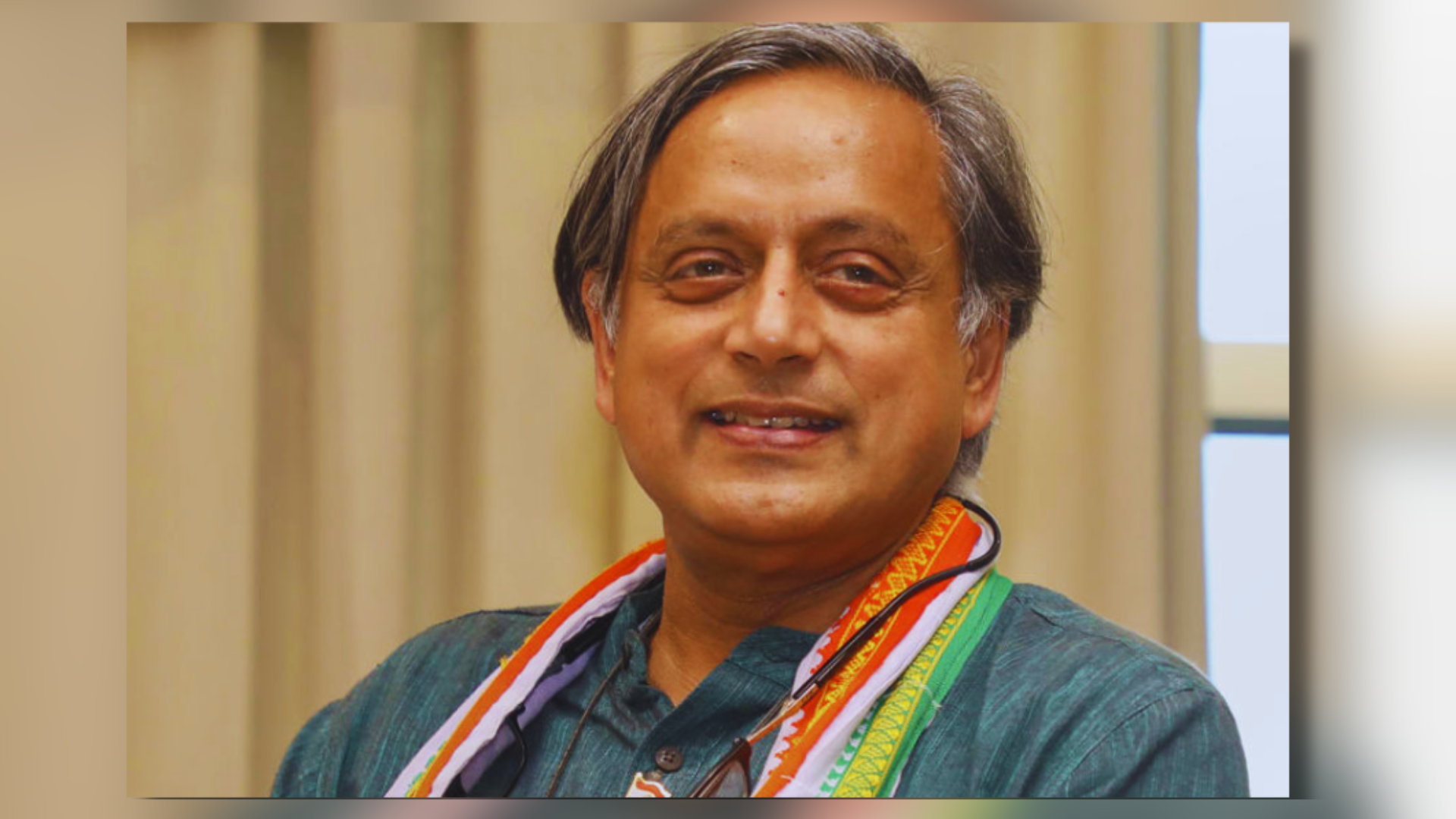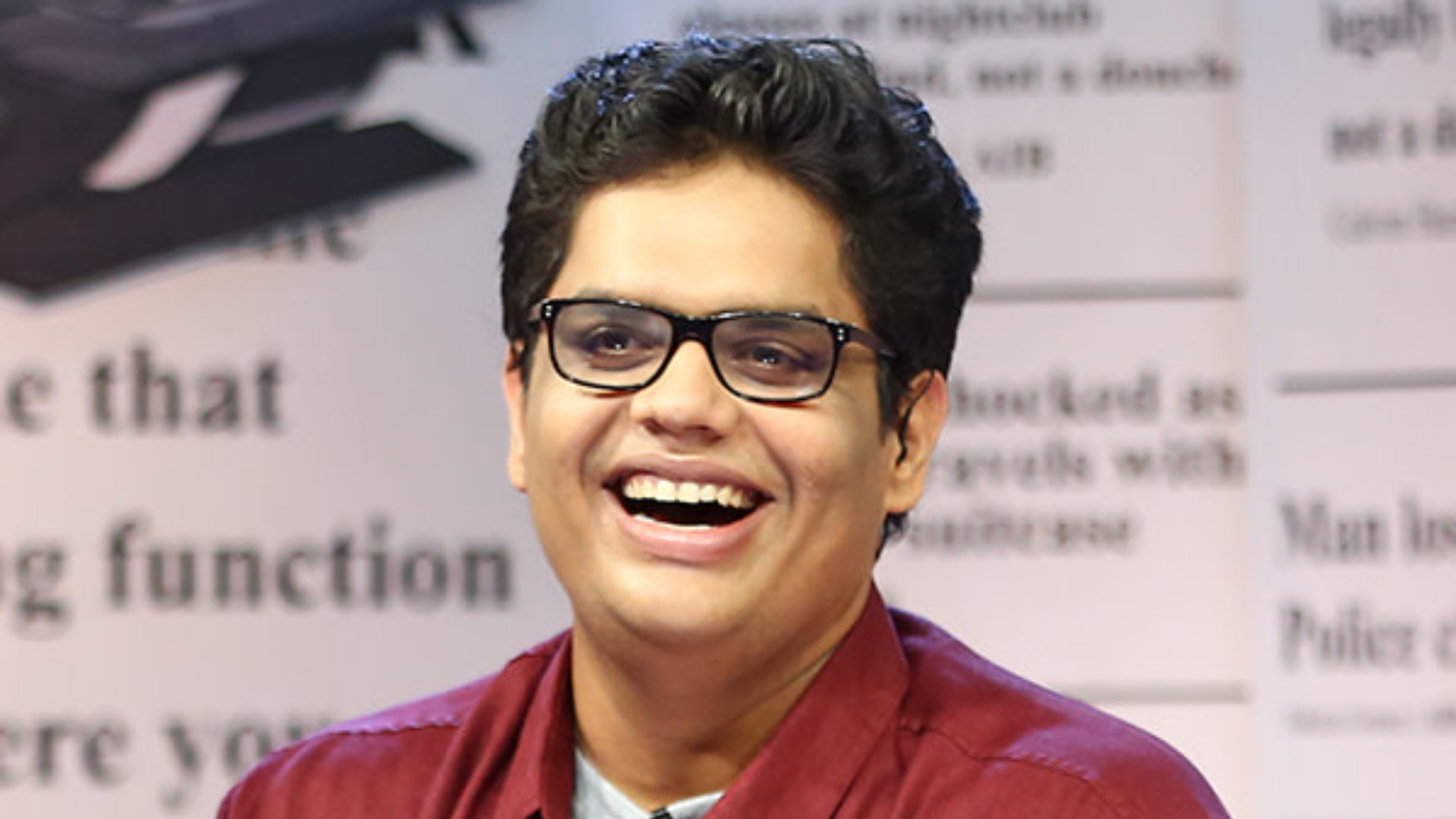


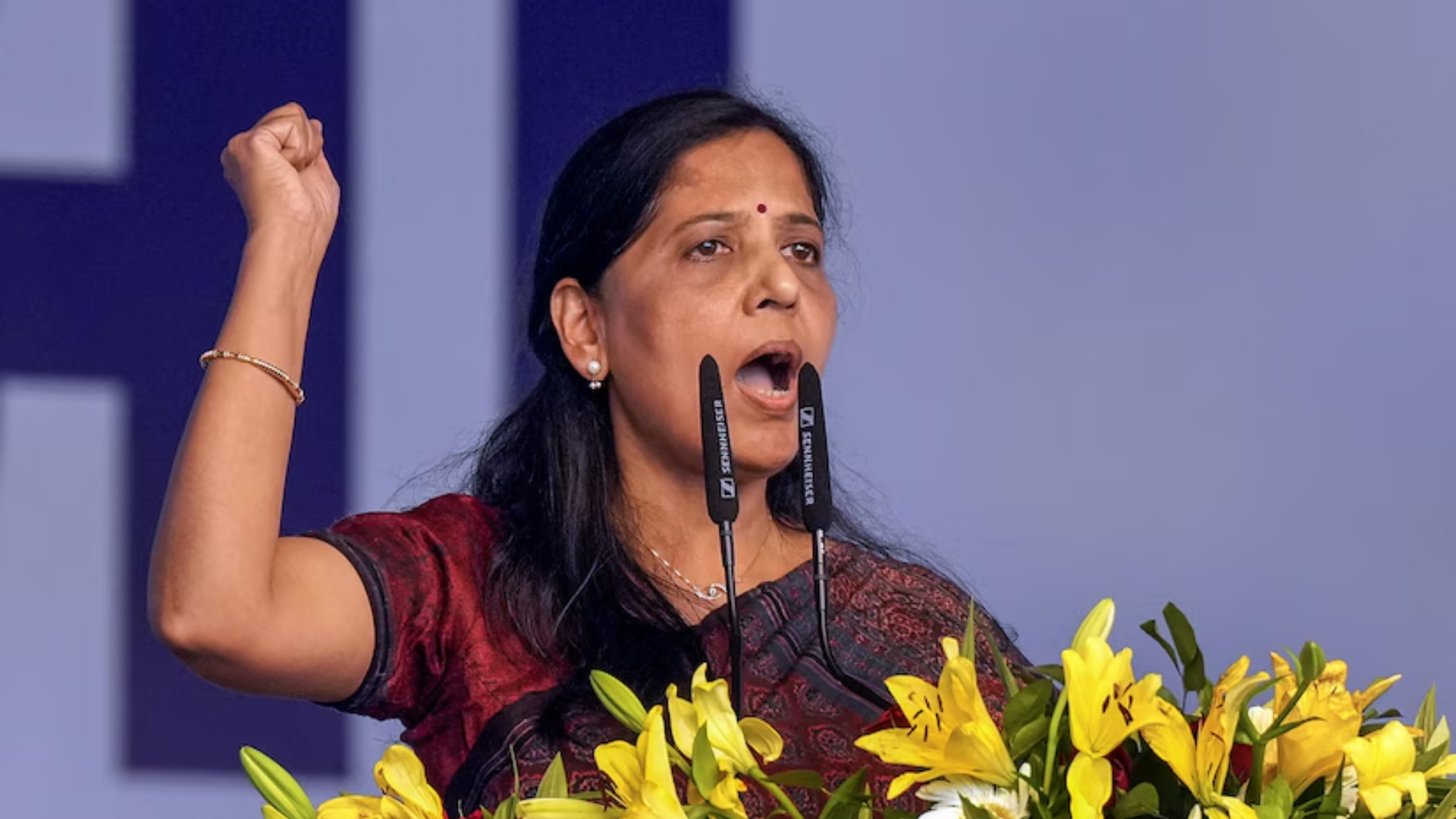

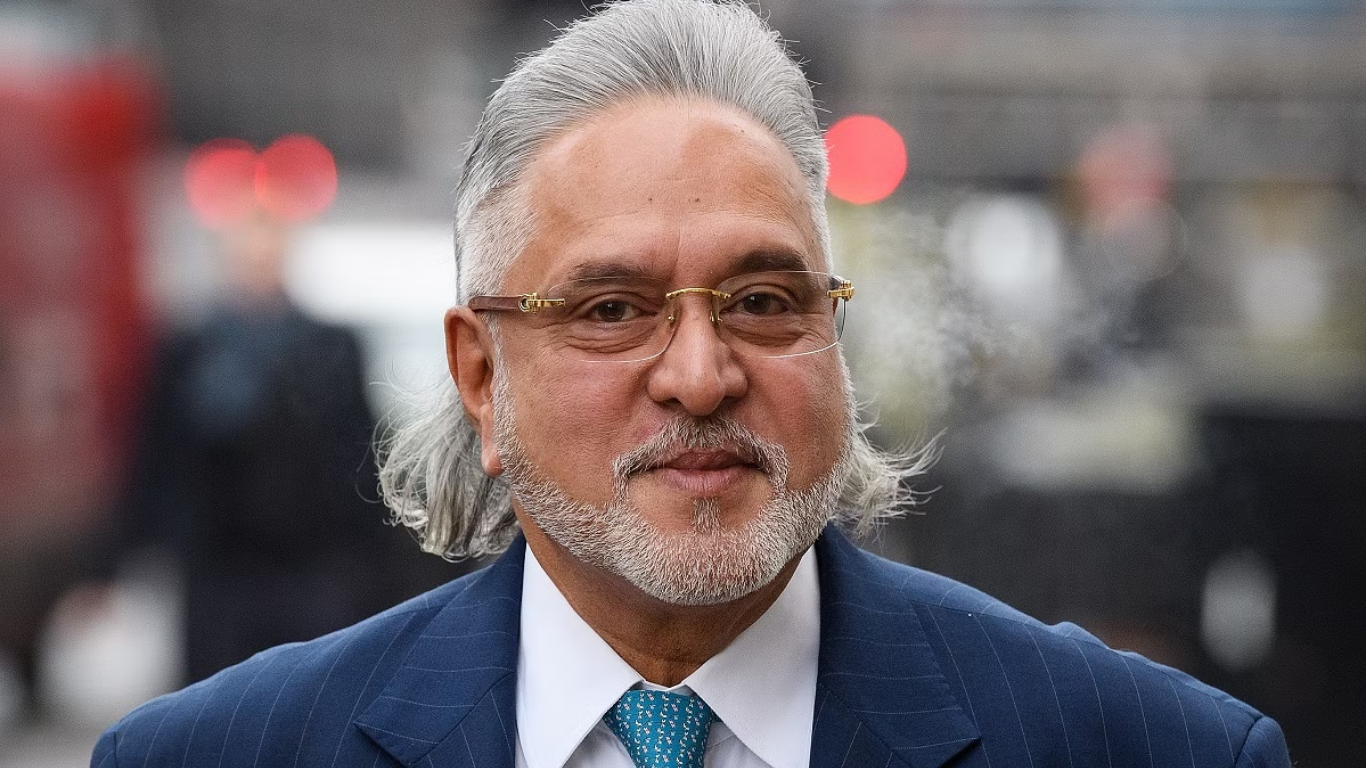

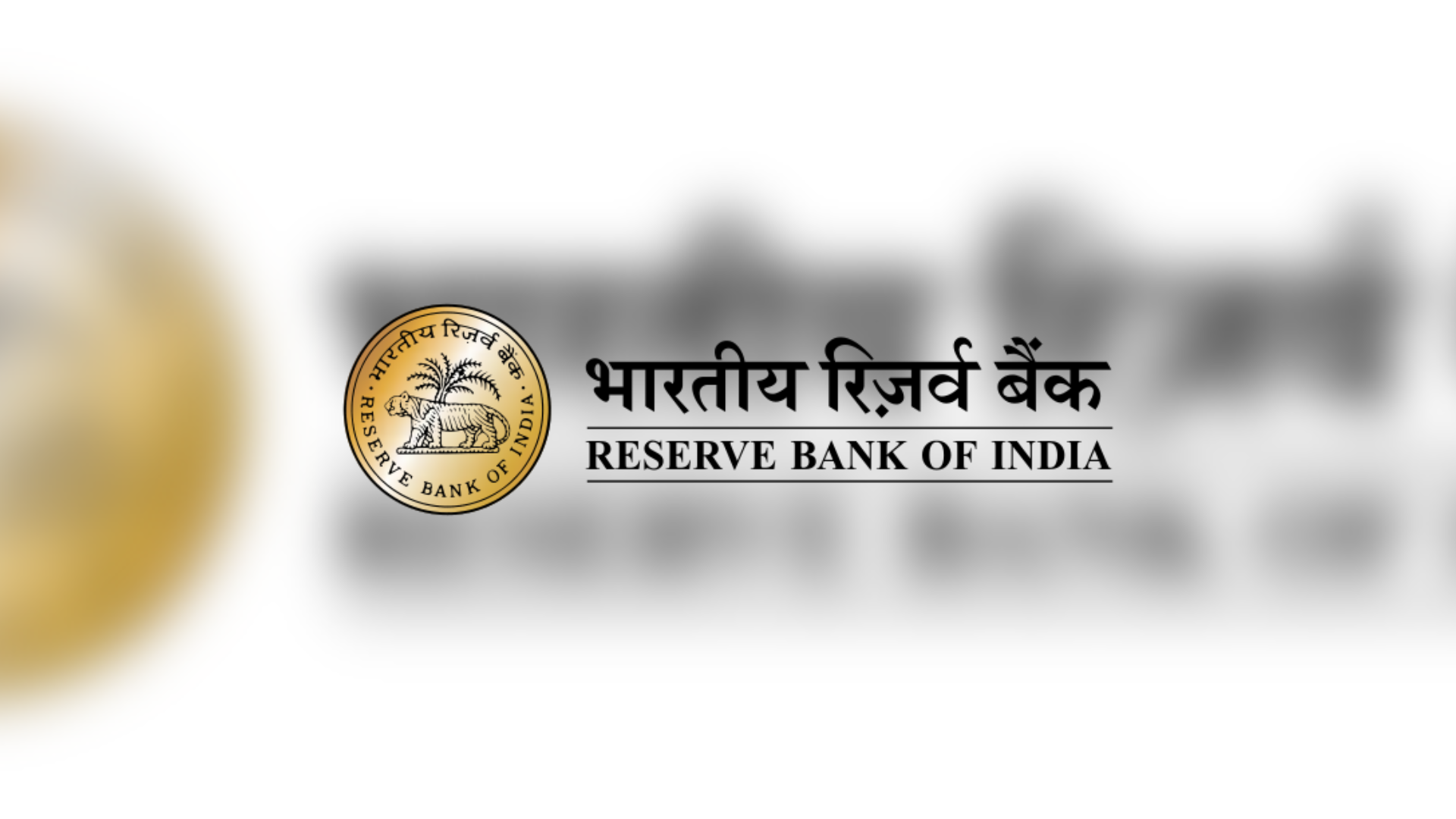
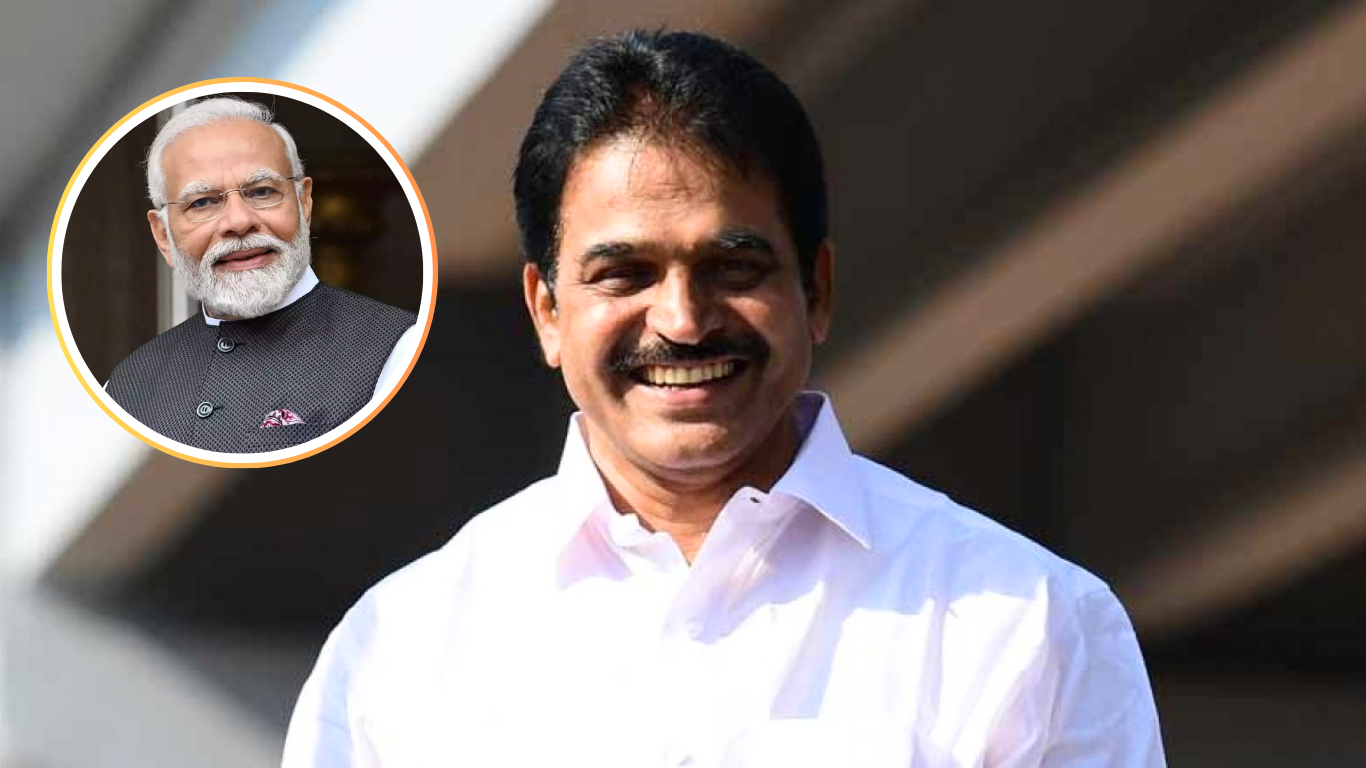
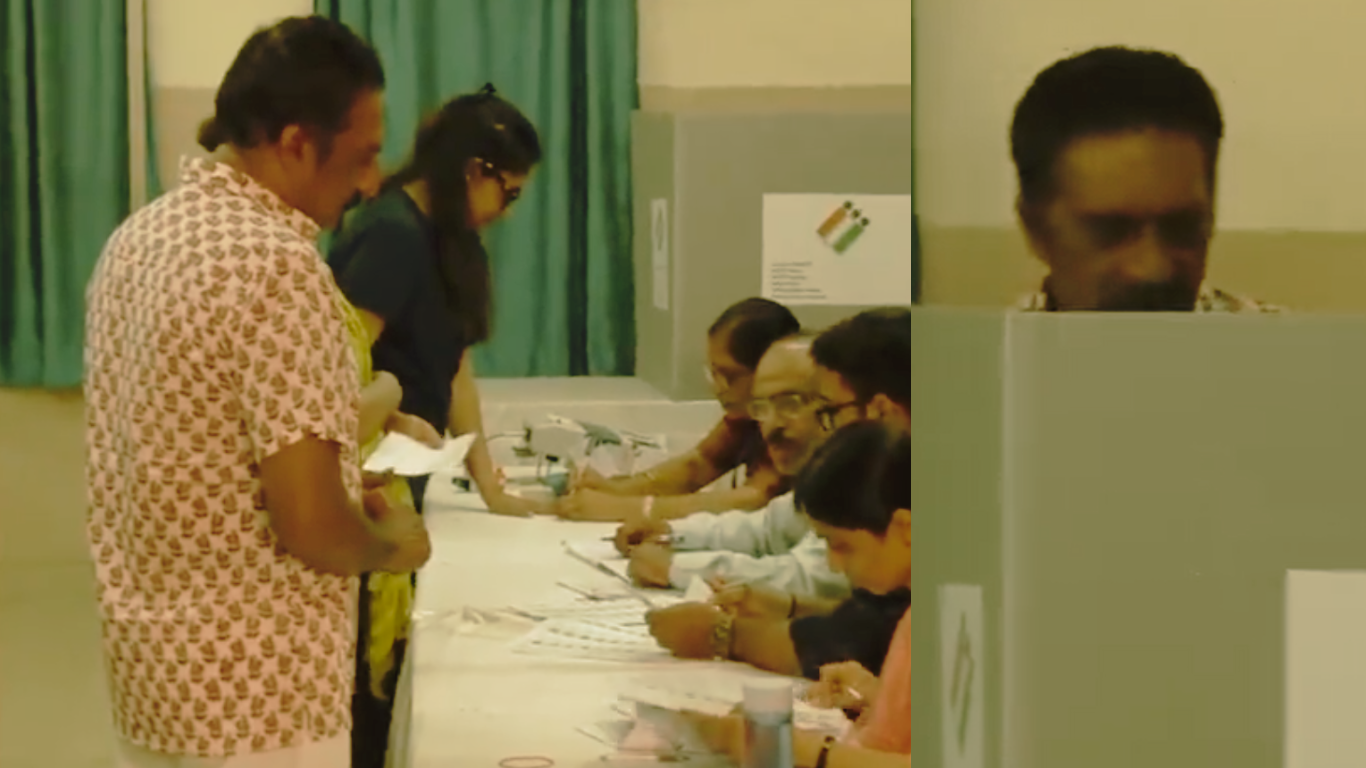
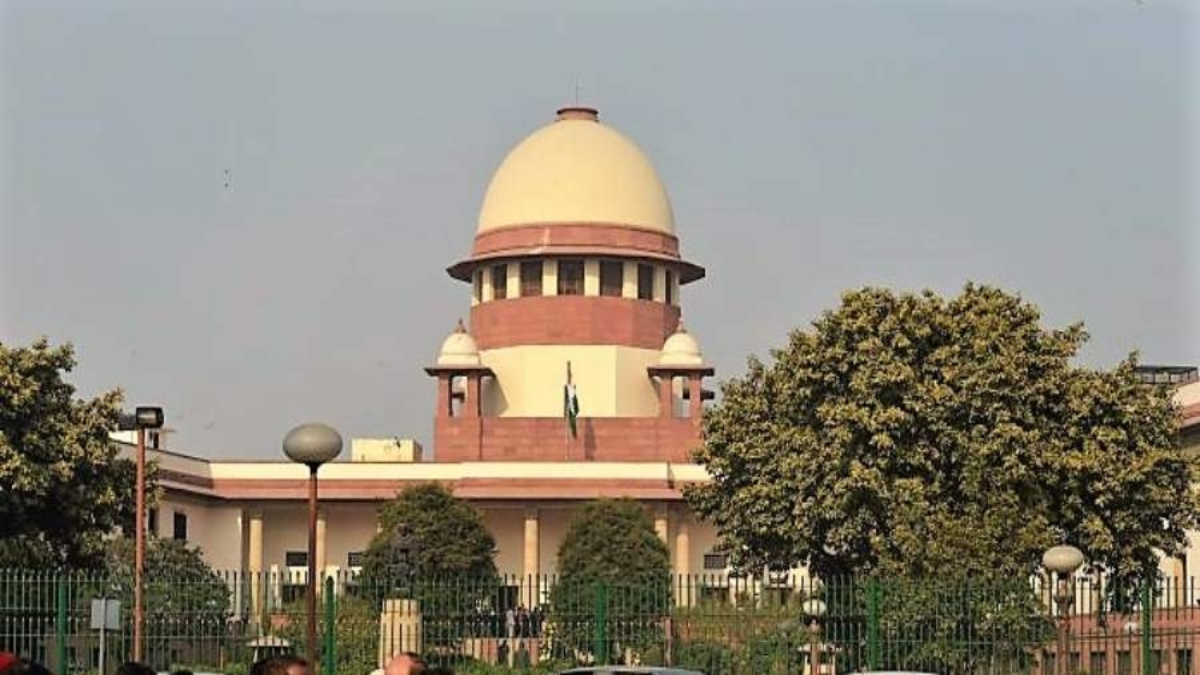
The Centre has now come out in opposition to the SC’s call to regulate TV channels. In a reply to many pleas against the telecast of a show on entry of Muslims into Civil Services, the government argued that such a general exercise of its power would not be well founded , and that it would ultimately come down to the specific facts of the matter.
A bench, headed by Justice DY Chandrachud, ha restrained the channel from broadcasting future episodes of the program, and expressed disposition to have a set of guidelines for the electronic media. The matter was later adjourned to Thursday.
The government, on the other hand, has said there are already self-regulatory and statutory regimes in place to deal with complaints, besides the Supreme Court’s own judgments on this point.
ALSO READ: NGO moves SC seeking investigation into China’s alleged surveillance on President, PM, judges
ALSO READ: Massive outrage over Andhra HC’s media gag, govt to move SC
“Subject matter of the present petition namely balancing between the journalist freedom and responsible journalism is a field already occupied either by the statutory provisions made by the Parliament or by the judgments of this Hon’ble Court,” stated an affidavit from the government. It added: “The present petition be confined to only one channel namely Sudarshan TV, and this Hon’ble Court may not undertake the exercise of laying down any further guidelines with or without appointment of an Amicus or a Committee of persons as Amicus.”
The government also argued that the SC should first focus on regulations for electronic social media, due to the speed of information distribution and viral nature of the content shared. They argued that such content could have a lot more potential for harm than television channels.
“There is no justification to confine this exercise only to mainstream electronic media,” cotended the affidavit.
“Considering the serious impact and the potential, it is desirable that if this Hon’ble Court decides to undertake the exercise, it should first be undertaken with regard to digital media as there already exists sufficient framework and judicial pronouncements with regard to electronic media and print media,” the government submitted.
ALSO READ: Hopeful coronavirus vaccine will be available in India next year: Harsh Vardhan


